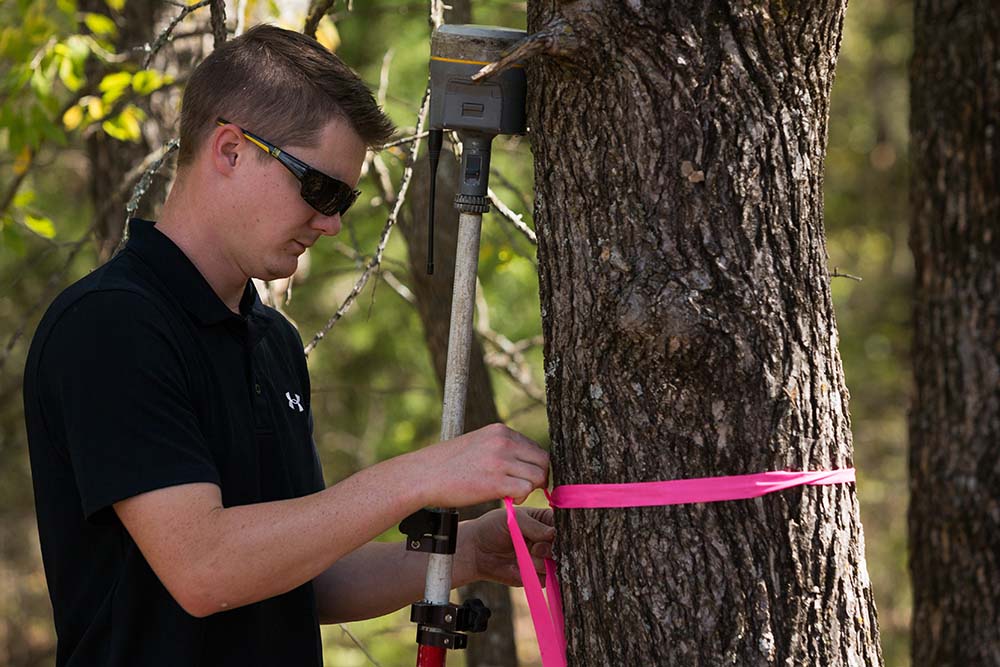When negotiating a land transaction, be sure you know what you are buying. Addressing the following economic considerations, while not a comprehensive list, will help make a land purchase an enjoyable experience.
Easy-to-Miss Considerations
It is more common than one would think that the acreage being represented is not accurate. The best way to know for sure is with a survey completed by a qualified surveyor.
Minerals under the surface are sometimes not mentioned. Do all, a portion or none of what the seller owns go with the surface? The seller may not own any of the mineral interest.
Growing crops may be in progress at the time of transaction. Who is responsible for harvesting and marketing the crop, and who keeps the proceeds?
Is there any kind of lease or easements the buyer is obligated to and for how long?
Are there improvements on the property that are portable that may be in question?
An environmental assessment may be wise if there is any history of the land having exposure to potential pollutants.
 Ryan Huggins, a surveyor with M&M Land Surveying, based in Ardmore, Oklahoma, surveys boundary lines of a prospective property purchase near Dickson, Oklahoma.
Ryan Huggins, a surveyor with M&M Land Surveying, based in Ardmore, Oklahoma, surveys boundary lines of a prospective property purchase near Dickson, Oklahoma.
Agree on Prices of Depreciable Assets
When a property has depreciable assets attached to it or are included in the sale, it is important for both parties to agree on how the total price is to be allocated to the various assets. A seller may have ordinary income to recapture due to depreciation. The buyer may want to allocate a portion of the purchase price to a particular asset that is eligible to depreciate such as fences, pecan trees or barns. The basis for depreciation for these assets is determined by this initial allocation. If the Internal Revenue Service happens to select the buyer’s and seller’s income tax returns to audit, it would be very good if the seller sold an asset for the same amount as the buyer listed it on their depreciation schedule. It should be noted that the correct time for the buyer to allocate the purchase price between the land and any depreciable assets is in the purchase year. Any assets the buyer chooses to depreciate must start in the purchase year. Otherwise, it will require an amended return to be filed if the buyer did not list a particular asset on the depreciation schedule in the purchase year and chooses to do so at a later date.
Buying in Oklahoma vs.Texas
The process of purchasing land in Oklahoma is a little different than purchasing land in Texas. Title insurance is used extensively in Texas to guarantee good title; whereas, in Oklahoma an abstract containing the property history is usually reviewed by a competent attorney to determine if the property has a clear title. A buyer must be careful to ensure they are getting a good title for the property, one without any liens or any kind of encumbrances. In Oklahoma, it is preferred to have a warranty deed. Sometimes a quitclaim deed can be acceptable when attempting to purchase land when owned by several owners.
Who Pays What at Closing
Part of the negotiation process should include an agreement as to who pays what at closing. There are a variety of costs generally expected to be paid at closing, such as: document filing fees, attorney fees, realty fees, revenue stamps, lender fees and maybe even liens paid. Who pays the property taxes for the purchase year should also have been discussed. If it was agreed that the seller pays a pro rata share, then it is often paid at closing. If these items are previously discussed and agreed to, it reduces the possibility of any surprises.




Leave A Comment